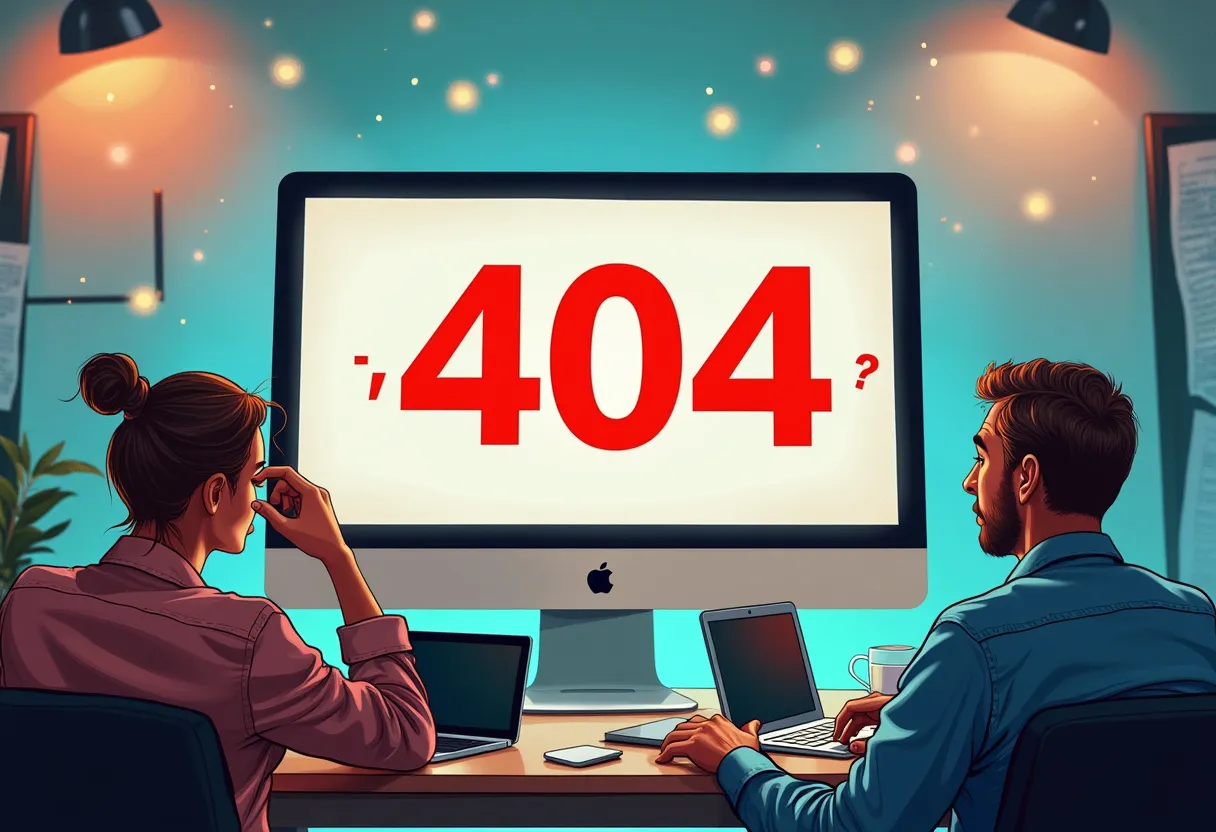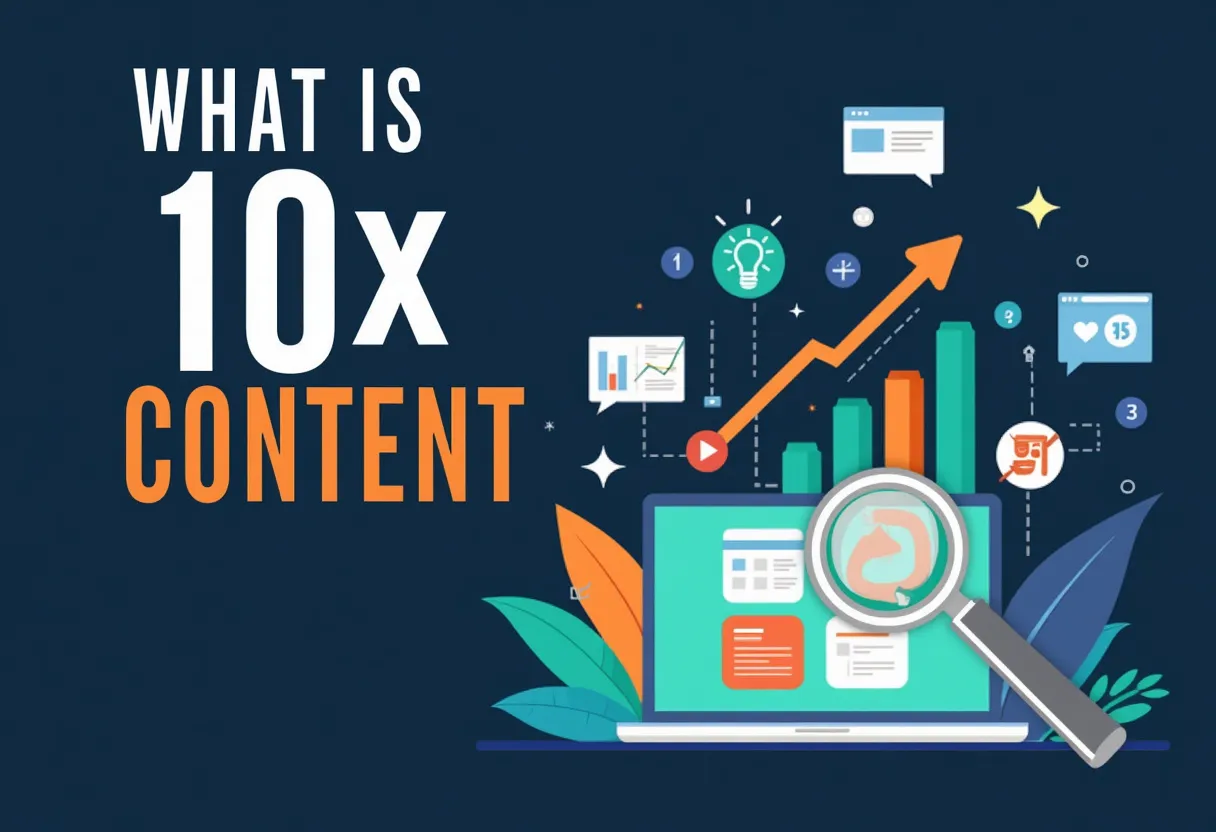Definition
What is Event-Based SEO?
Event-Based SEO refers to the optimization strategies and techniques used to improve the visibility and ranking of event-related content on search engines. This involves enhancing the online presence of events such as concerts, festivals, conferences, and other gatherings to attract more attendees and drive ticket sales. Event-Based SEO integrates various SEO elements, including keyword optimization, event schema markup, and content creation, to ensure that event details appear prominently in search engine results.
How It Works
Function and Concept
Event-Based SEO works by leveraging several key components:
Keyword Optimization
Using specific and relevant keywords related to the event, such as location, type, and year, in titles, descriptions, and content. For example, “vegetarian food festival in San Francisco 2024”.
Event Schema Markup
Implementing structured data (schema) to provide search engines with detailed information about the event, including start and end dates, venue, event name, description, and offers. This helps trigger features like the event carousel and event pack on search engine results pages (SERPs).
Content Creation
Developing high-quality, informative content that aligns with user intent. This includes creating editorial and transactional pages that provide valuable information and direct links to ticket purchases.
Local SEO
Ensuring that the event is easily discoverable by people in the geographic area where it is being held. This involves optimizing for local search queries and including the event location in the content.
Why It Matters
Importance in SEO
Event-Based SEO is crucial for several reasons:
Increased Visibility
Optimizing event content helps events rank higher in search results, making them more visible to potential attendees.
Improved User Experience
By providing clear and detailed information about the event through schema markup and optimized content, users can quickly find the information they need, enhancing their overall experience.
Higher Conversion Rates
Effective Event-Based SEO can drive more traffic to the event website and increase ticket sales by making it easier for users to find and engage with the event content.
Competitive Advantage
Ranking in position zero through features like the event pack can significantly increase click-through rates, giving the event a competitive edge over other similar events.
Best Practices
Recommended Methods and Strategies
To optimize for Event-Based SEO, follow these best practices:
Use Relevant Keywords
Conduct thorough keyword research to identify high-search-volume and low-competition keywords. Use tools like Google Keyword Planner and AHREF to find the best keywords for your event.
Implement Event Schema Markup
Ensure that your event page includes structured data markup for start and end dates, venue, event name, description, and other relevant details. This helps search engines understand and display your event information accurately.
Create High-Quality Content
Develop content that meets the needs of your target audience. This includes detailed event descriptions, schedules, and information about performers or speakers. Tailor your content to align with different stages of the user journey.
Optimize Event Pages
Ensure each event page is optimized with relevant keywords, including meta titles, headings, and meta descriptions. Make sure the event name, location, and description are clearly stated.
Build High-Quality Links
Create content that encourages link building. This can include editorial content that directs users to ticket purchase pages, enhancing domain authority and trustworthiness with search engines.
Leverage Local SEO
If the event is location-specific, optimize for local search queries to attract attendees from the surrounding area.
Related Terms
Event Triggered Content
Content that is dynamically generated or adapted based on specific events or triggers, such as live updates or event announcements.
Schema for Events
Structured data markup that provides detailed information about events to search engines, improving visibility in search results.
Newsjacking for SEO
The practice of creating content around trending news or events to capitalize on the surge in search interest.
Seasonal SEO
SEO strategies focused on optimizing for seasonal events, holidays, or trends to attract relevant traffic during specific times of the year.
Real-Time SEO Monitoring
Tracking and analyzing the performance of SEO efforts in real time, allowing for immediate adjustments and optimizations.
Time-Sensitive SEO
Optimization strategies that focus on increasing visibility for content that has a limited relevance period, such as event promotions or breaking news.
Predictive SEO
Using data and trends to anticipate future search behaviors and optimize content accordingly.
Temporary Content
Content that is intended to be relevant for a limited time, often related to events or time-sensitive offers.
Dynamic Content Personalization
Tailoring website content to individual users based on their behaviors, preferences, or past interactions.
Predictive Search Analysis
Analyzing search patterns and trends to predict future search queries and optimize content preemptively.
Conclusion
Event-Based SEO is a powerful tool that helps improve the visibility and ranking of event-related content on search engines. By leveraging key components such as keyword optimization, event schema markup, content creation, and local SEO, organizers can attract more attendees and drive ticket sales. Implementing best practices such as using relevant keywords, creating high-quality content, and building high-quality links can provide a competitive advantage and enhance user experience. By understanding and utilizing related terms such as Event Triggered Content, Schema for Events, and Newsjacking for SEO, event organizers can further improve their SEO strategies and achieve better results. By consistently monitoring and optimizing event content, organizers can ensure sustained visibility and relevance in search engine results, ultimately driving higher conversion rates and achieving event success.



